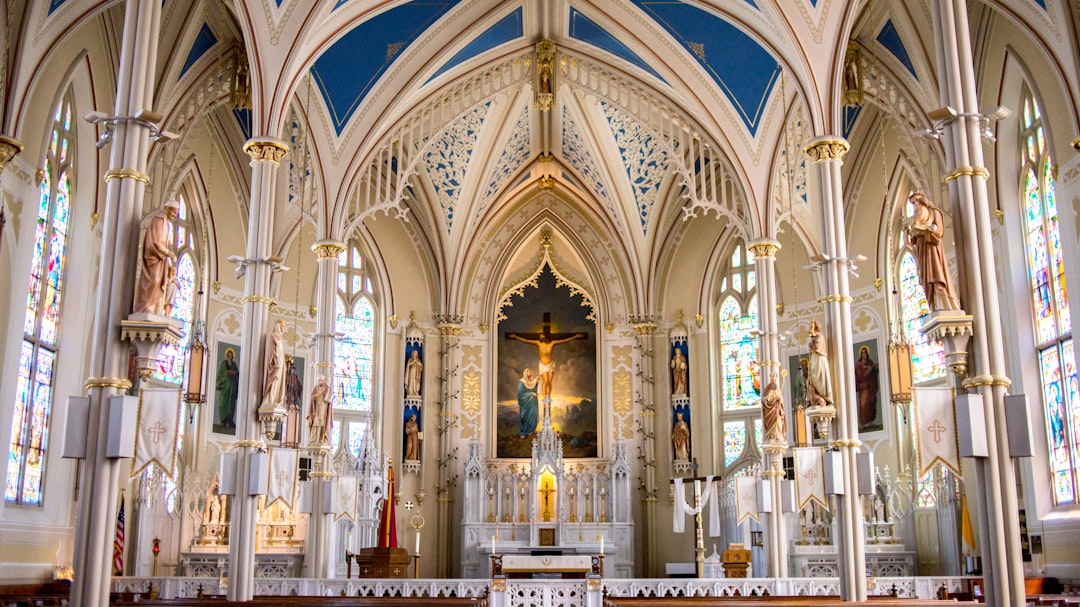What is it about?
It seems that mental health issues are not prayed for in churches, or only in generic terms, in contrast to e.g. physical health. This article explores the implications of that (lack of) practice through the concepts of taboo and stigma. It argues that what might be taboo in society should not determine necessarily what is taboo in churches. Christians should learn to name rightly, which means seeing people as Beloved of God. This might change the way we think about prayer and what to pray for.
Featured Image

Photo by Tim Mossholder on Unsplash
Why is it important?
This article contributes to the discussion about intercession in churches by analysing over forty prayers, finding out what Christians do and do not pray for, and reflecting on that theologically. Such analysis is rare, and the theological reflection shows important pastoral implications. Suffering isolates, and mental health issues are often not talked about, which isolates even further. The church is a place which might (or: needs) to be a safe space to talk about mental health and pray about it intentionally.
Perspectives
Praying in public worship for people raises ethical questions. While the time might not be ripe for praying openly for mental health and mention people by name, churches do need to find ways of raising awareness and creating safe spaces for people with mental health.
Armand Léon van Ommen
University of Aberdeen
Read the Original
This page is a summary of: Intercession and the Taboo and Stigma on Mental Health and Doctrinal Anomalies: Pastoral and Theological Implications of Public Prayer Practices, International Journal of Practical Theology, November 2019, De Gruyter,
DOI: 10.1515/ijpt-2018-0002.
You can read the full text:
Resources
Contributors
The following have contributed to this page










